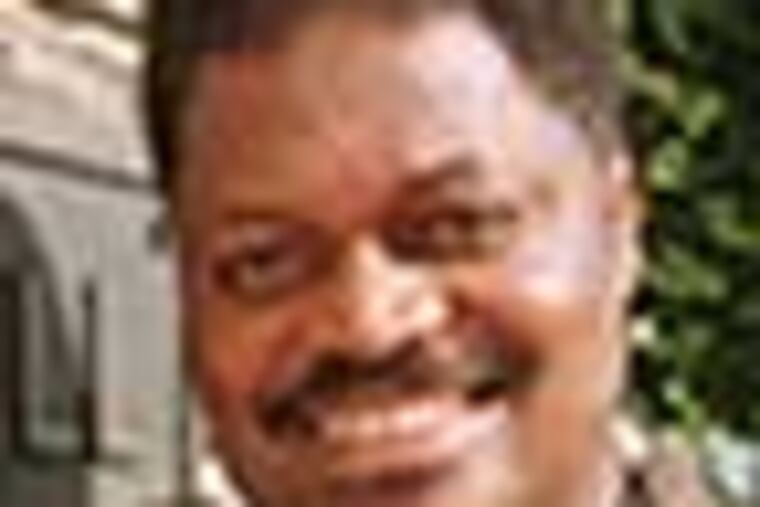Harrison Ridley Jr., authority on jazz
HARRISON Ridley Jr. was perhaps the city's leading authority on jazz. But he never used the term. He would say "this music referred to as jazz," or simply, "the positive music."

HARRISON Ridley Jr. was perhaps the city's leading authority on jazz. But he never used the term.
He would say "this music referred to as jazz," or simply, "the positive music."
But if anyone knew more about this kind of music, whatever you want to call it, they haven't stepped forward. As the 32-year host of "The Historical Approach to the Positive Music" program, Sundays from 8 p.m. to midnight on WRTI (90.1 FM), Harrison was sought after by local colleges, libraries and others to talk about the legends of the music.
He died Thursday of complications from a stroke. He was 70 and lived in West Philadelphia.
He was known for his favorite expression, "Yes indeedy," when he liked a piece that he had played. In his honor, baritone saxophonist and flutist Denis DiBlasio recorded a CD that included the piece, "Yes In Deedy."
Harrison taught music history at Temple and Villanova, among other schools along the East Coast, and often lectured at such places as the Borders book store at Broad and Chestnut, and the Fox Chase Library, at 501 Rhawn St.
He was a compulsive collector of jazz music. In 50 years of collecting he amassed more than 8,500 LPs, 3,000 78s, 300 CDs and 6,000 books on African-American history and music.
His show on WRTI, the Temple University station, usually devoted its four-hour span to one artist, leaving the listener with all he or she ever wanted to know about that musician. Called a "walking encyclopedia of jazz," Harrison was a consultant on the music to the Library of Congress. It was estimated that he received more than 80 awards in his career, including an honorary doctorate from Villanova.
Harrison worked 39 years on the custodial staff of the Philadelphia School District, retiring in 2005.
David S. Conant, WRTI's general manager, said, "The honors and the respect Harrison garnered in his lifetime were many and well deserved.
"But what I will remember most, along with his trademark, 'Yes Indeedy!' is the broad and authentic smile with which he would greet me, along with the occasional bear hug."
"He was such a kind and happy man, always willing to share his wisdom and love of the music," said WRTI jazz director, Maureen Malloy. "I am glad that I was able to learn from this wonderful historian, DJ and teacher."
"He was one fantastic cat," said WRTI colleague Bob Perkins.
Born in Philadelphia, Harrison was the oldest of the 10 children of Catherine and Harrison Ridley Sr. He attended West Philadelphia High School where a classmate was McCoy Tyner, famed jazz pianist who played with John Coltrane.
In the early '60s, he was in the Army. He used his pay to buy records.
His students loved him. "I always tell students, 'Love yourself - you create a halo. People will be drawn to you.' "
Harrison's radio career began when he ran into Buddy Cohen, former WRTI music director, as they were scouring bins at the same record store. In 1975, when Cohen needed someone to do commentary during a 12-hour Duke Ellington marathon, he asked Harrison.
Harrison arrived at the station with 200 records and worked all 12 hours. In January 1976, station managers hired him.
On his program, he loved to showcase musicians he felt never got their just due, women artists in particular. He featured pianist Mary Lou Williams the first Sunday of every year because, as he said, "She's still dramatically underrrated."
Harrison is survived by his wife, Janet; a daughter, Jade Wideman-Ridley; and a step-son, Laurence E. White Jr.
Services: Were being arranged. *